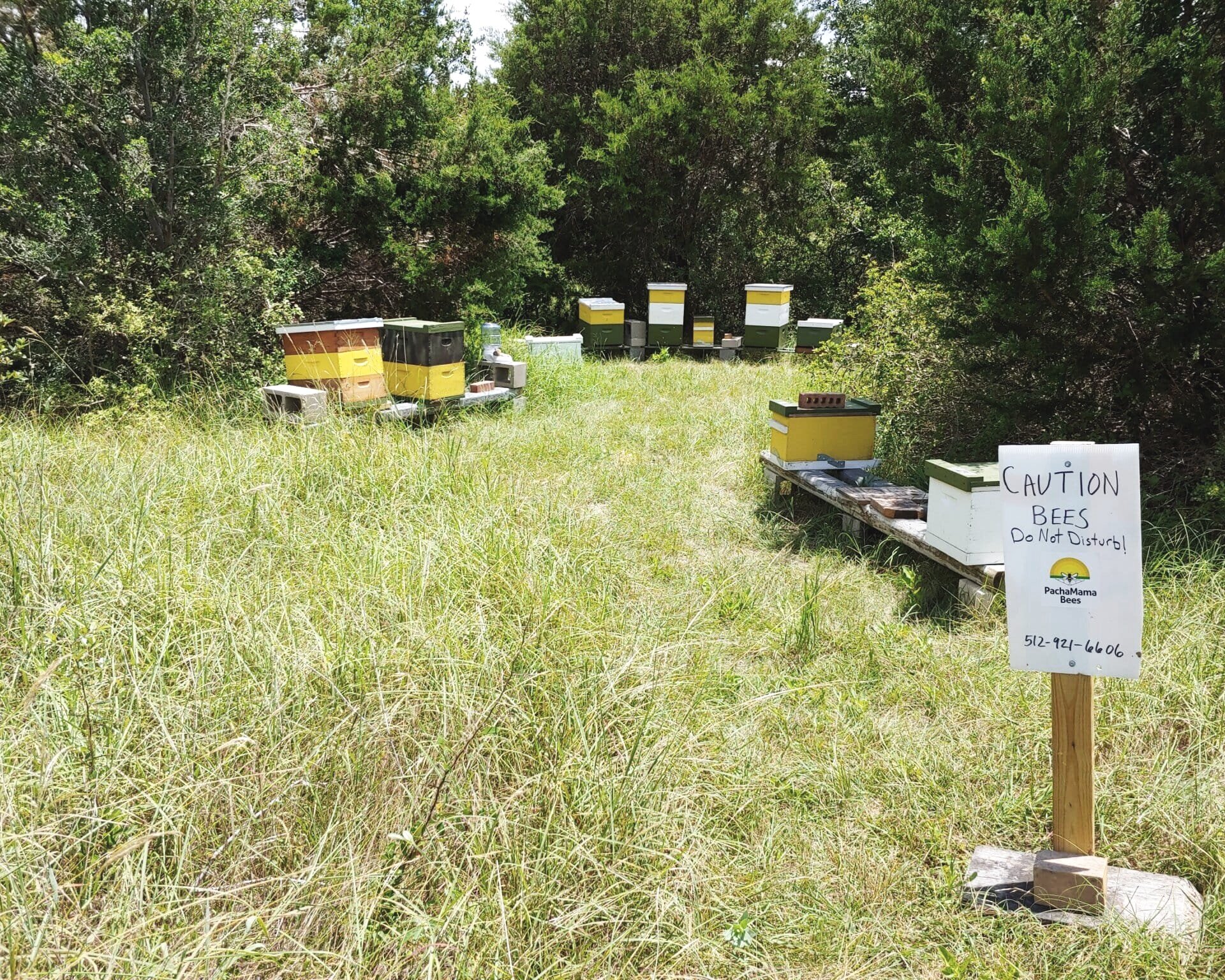The Resourceful Beekeeper
Anybody involved with beekeeping knows it’s a constant learning process as new research comes out, new products hit the market, or unexpected freezes and abnormal amounts of rainfall take your season on a new course. I’m continuously learning and filtering information that is out there to help grow my hives and to help you with yours. In this blog, I put together a collection of free resources suitable for both the novice and experienced beekeeper. Find my description of the content and format so you may choose what interests you most.
First, a word to the wise for those thinking of just letting nature take her course, or becoming convinced to do so by someone advocating for this hands-off approach. You are keeping the bees, you are their manager. This is not nature. Don’t forget, bees in the wild have a high mortality rate. So you don’t want to lose your investment and probably don’t want to harm the bees of your neighbors either by spreading pathogens. If you want your bees to stay alive, thrive, be healthy, and possibly harvest honey from your hive, be a proactive beekeeper and be informed!
From The University of Florida Extension Lab, this podcast interviews master beekeepers, commercial beekeepers, field research scientists, and more. I listen to this when I'm on the road. Find it on online here: https://entnemdept.ufl.edu/honey-bee/podcast/#
Randy Oliver has a mountain of knowledge. He does the legwork we can all benefit from. His website articles break down the why, how, when in beekeeping.
https://scientificbeekeeping.com/
The interactive Varroa Management Decision Tool - answer a few easy questions and the program will generate seasonal treatment options for managing varroa in your colonies. Bonus, there are videos to go with it for those that enjoy visual learning.
Remember, It’s always important to follow the label. Like those podcasters in ‘Two Bees in a Pod’ say “The Label is the Law”.
https://cantilever-instruction.com/varroatool/story_html5.html
Additionally, the Best Management Practices for Bee Health are downloadable on The Honey Bee Coalition’s website.
https://honeybeehealthcoalition.org/hivehealthbmps/
The University of Guelph Honey Bee Research Centre has put out good educational beekeeping videos. They’re located in Canada but a lot of their educational material applies far.
https://www.youtube.com/channel/UC3mjpM6Av4bxbxps_Gh5YPw
Bob Binney does not hold anything back, as he lays out large-scale honey production as a commercial beekeeper. His sourwood honey has earned top honors as the "Best Honey in the World."
https://www.youtube.com/channel/UCDyga7OtRJSzHzXXXurYCmQ/videos
Geek out on scientific research papers on honey bees related articles at
https://www.researchgate.net/
Or cut to the chase with those 12-page, jargon-filled articles with this helpful recap of the latest research on pollinator health science in Notes from the Lab, https://blogs.cornell.edu/mcartlab/notes-from-the-lab/
DIY kind of person, build your own equipment.
http://www.michiganbees.org/beekeeping/in-the-beekeepers-workshop/
The deep plunge, becoming a Master Beekeeper. The University of Florida Research and Extension Lab has online courses you can take.
https://entnemdept.ufl.edu/honey-bee/
Or if you are here in Texas, Texas A&M offers an online course, but with in-person testing.
https://masterbeekeeper.tamu.edu/master/
And there’s more…. Follow PachaMama Bees on social media and this blog for updated resources, tips, and best practices.

